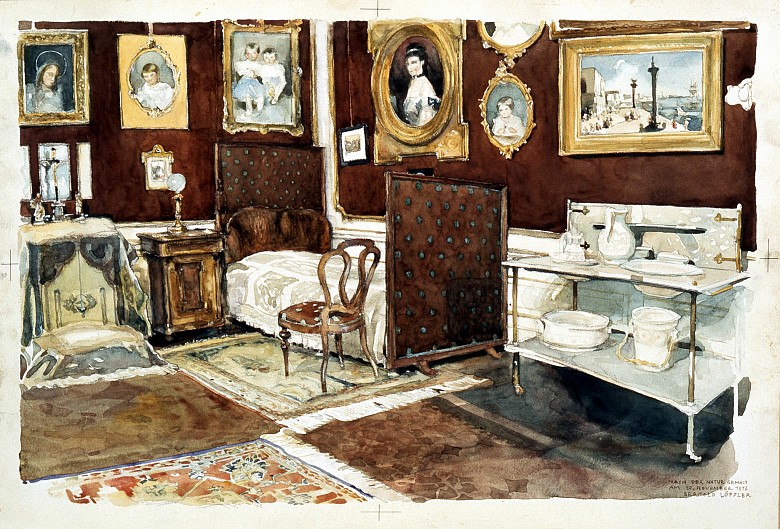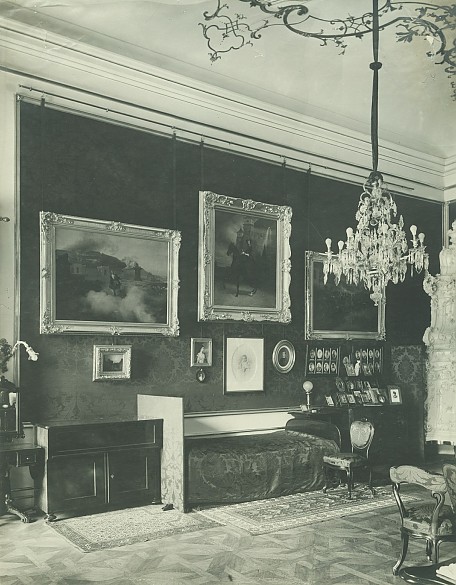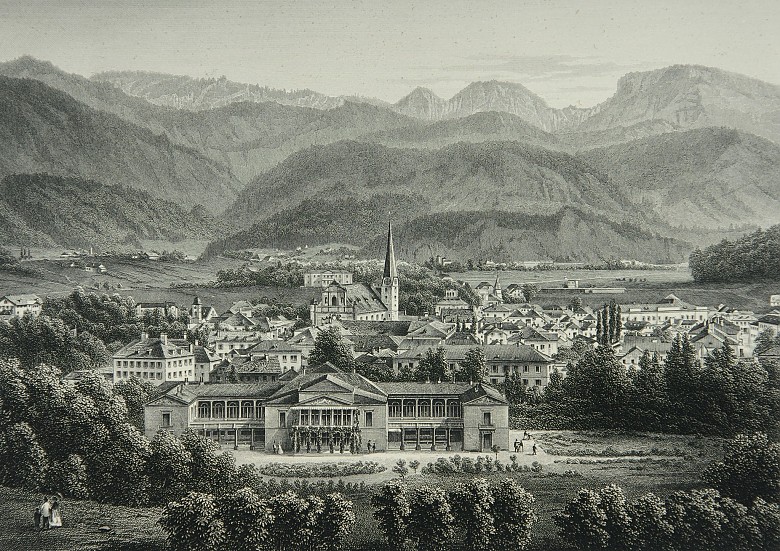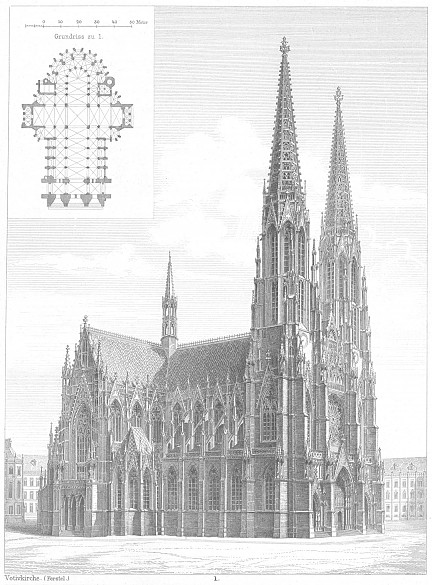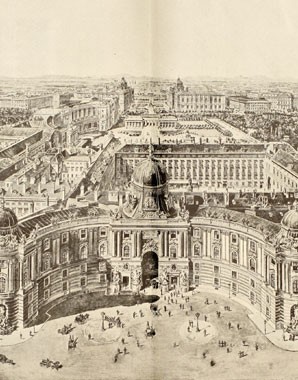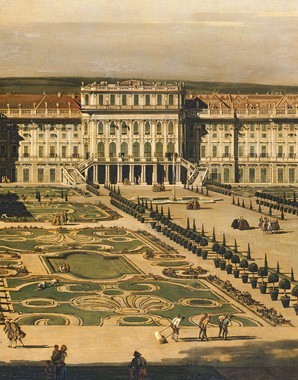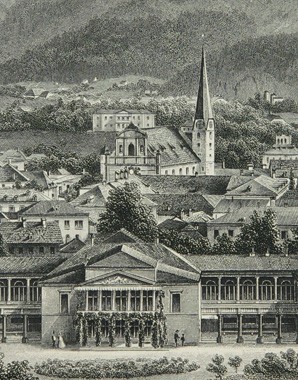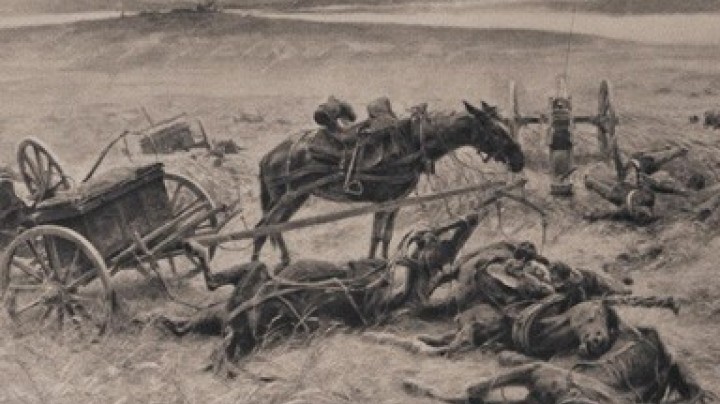Traces of a life: Emperor Franz Joseph
Franz Joseph has gone down in history as the prototypical ruler of the Habsburg Monarchy, as the benignly smiling ‘grandfather of the empire’. However, there are other views which see him as a soulless bureaucrat who was aware he was leading the empire into the abyss.
Extract from a letter written by Franz Joseph in to his mother 1866, quoted from: Schnürer, Franz (ed.): Briefe Kaiser Franz Josephs an seine Mutter, München 1930, p. 357If one has the whole world against one, without a single friend, there is little chance of success, yet one must fight back as long as possible, do one’s duty to the last, and finally perish with honour.
An anonymous observer from the emperor’s immediate circle (probably Crown Prince Rudolf, quoted from: Brigitte Hamann (ed.): „Majestät, ich warne Sie“ Geheime und private Schriften, Wien 1979, p. 10Our emperor has not a single friend; neither his character nor his nature permits it. He stands utterly alone on his height; with his servants he speaks about the professional affairs of each individual, yet he anxiously avoids conversation, which is why he knows little about people’s thoughts and feelings, about the views and opinions of the common folk (...) He believes we are now in one of Austria’s happiest epochs; that is what he is told officially. In the newspapers he reads only the passages marked in red, and is thus isolated from every purely human intercourse, from all impartial, truly well-meaning advice.
Even during his own lifetime, the emperor became a monument to himself, a relict of a far-off time, an anachronism in the modern world. It is striking that there is no monument to Franz Joseph in Vienna that adequately memorializes his lengthy reign. The rather unremarkable statue of Franz Joseph in the Burggarten was not in fact intended for this site, having originally graced the military cadet school in the Breitensee quarter of Vienna, and was not erected in its present position until 1957.
The classic places to explore the life of Franz Joseph are Schönbrunn Palace and the Imperial Apartments in the Vienna Hofburg, where one can view the rooms occupied by the monarch. Their restrained, rather old-fashioned atmosphere reveals much about the daily life of this famously modest emperor.
The private passions of the emperor constitute the main focus at Bad Ischl in the Salzkammergut in Upper Austria, where the memory of the emperor as holiday-maker is preserved in nostalgic veneration. Still owned by direct descendants of Franz Joseph, the imperial villa showcases the emperor as a private person and passionate sportsman.
Franz Joseph as monarch is encountered all over the former Monarchy on the countless public buildings erected during his long reign. The initials FJ I together with busts and paintings showing the emperor as head of state, grace museums and schools, railway stations and bridges, barracks and administrative buildings, which were often originally named after the monarch but which have now mostly been renamed.
The Vienna Ringstrasse as a whole is seen as a symbol for the latter period of the Monarchy under Franz Joseph. Other memorial sites in Vienna include the Votivkirche, erected in thanks for the survival of the young Franz Joseph in the assassination attempt of 1853, and the Heeresgeschichtliches Museum, now Vienna’s military museum, but originally intended as a temple of fame for the Imperial and Royal Army.
